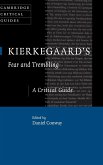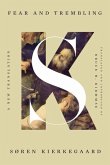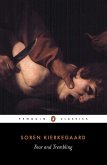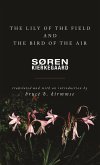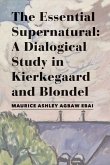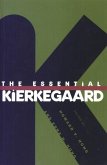"Faithful to the original Danish text and eminently readable, Jech's translation of Fear and Trembling admirably communicates the literary qualities of Kierkegaard's text, as well as his occasional fits of inspiration. Jech displays an unusual sensitivity not only to the literary/linguistic qualities of Kierkegaard's prose, but also to his (often realized) aspirations to philosophical precision. As presented by Jech, Kierkegaard is not simply a gifted writer and speculative theologian dabbling in philosophy, but a philosopher concerned to limn the optimal role of philosophical reflection, and to do so experimentally, especially with respect to matters of morality and faith. The translation is furthermore supplemented by very helpful explanatory notes that convey Kierkegaard's own erudition and the multiple influences upon his thinking. The Historical Glossary will become a valuable reference tool for students and scholars of Kierkegaard's writings. It is likely to play a welcome role in encouraging an improved understanding of what Kierkegaard means when he employs his idiosyncratic categories, allusions, and vocabulary." -Daniel Conway, Professor of Philosophy and Humanities, Texas A&M University
Hinweis: Dieser Artikel kann nur an eine deutsche Lieferadresse ausgeliefert werden.
Hinweis: Dieser Artikel kann nur an eine deutsche Lieferadresse ausgeliefert werden.


